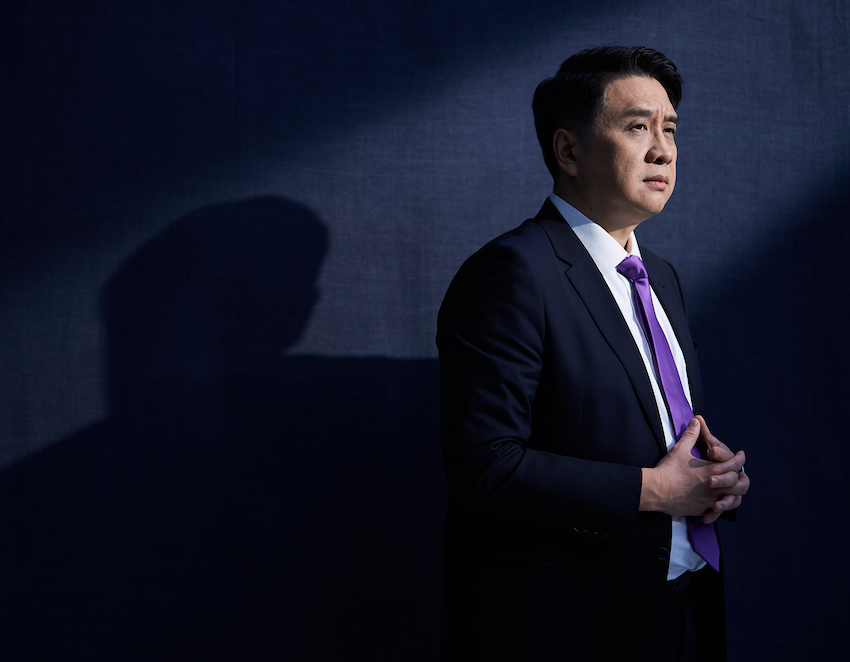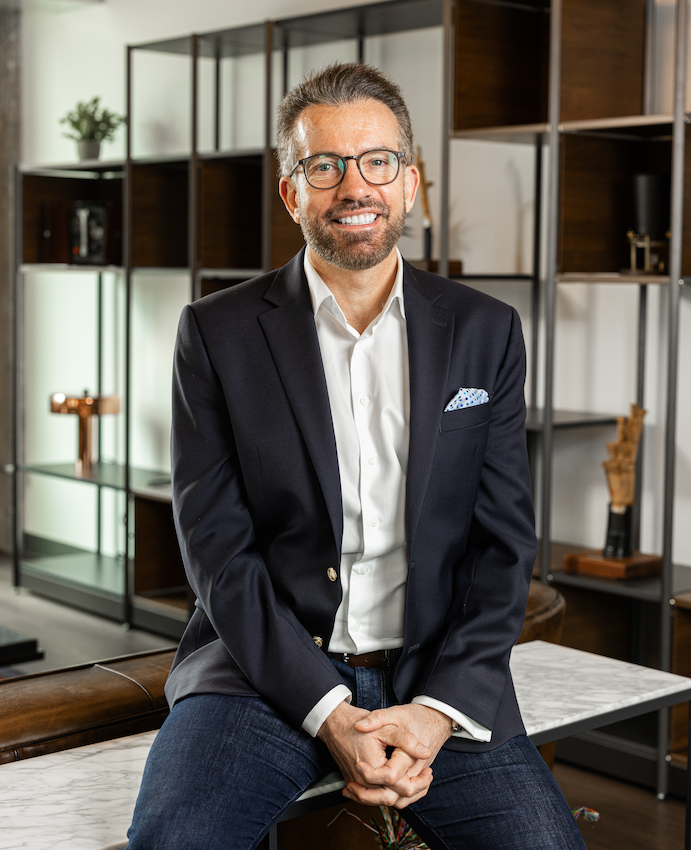Readers’ Picks
China Checkup
GE HealthCare’s outgoing president and CEO for China, Yihao Zhang, reflects on the components of success in the country’s increasingly competitive market.
The Dinosaur Strategy
A communications expert targets an audience of 2nd graders. By Mara Riemer.
Running Towards Danger
After moving to Dallas to take charge of Frontier Communications, Nick Jeffery helped orchestrate his greatest turnaround yet. By Elizabeth Volpe and Cleo Levy.


